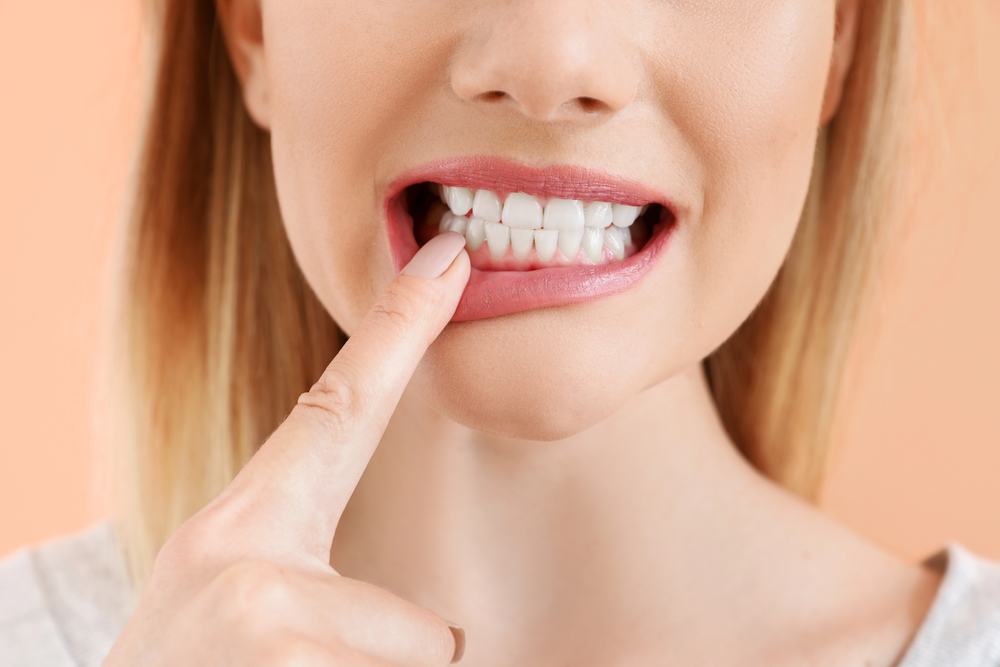
Sensitive teeth are a common dental complaint, causing discomfort or pain when consuming hot, cold, sweet, or acidic foods and beverages. In response, many turn to sensitive teeth toothpastes, which promise relief. These specialized toothpastes work by either blocking the transmission of sensations from the tooth surface to the nerve or by providing a protective barrier. While they can offer significant relief, there is a growing concern among dental professionals that these toothpastes might be masking symptoms of more serious underlying issues that shouldn’t be ignored.
Understanding Tooth Sensitivity
Tooth sensitivity, also known as dentin hypersensitivity, occurs when the dentin, the layer beneath the tooth enamel, becomes exposed. This can happen due to a variety of reasons, including:
- Enamel Erosion: Caused by acidic foods, beverages, or gastroesophageal reflux.
- Gum Recession: Often a result of periodontal disease or aggressive brushing.
- Tooth Decay: Cavities that penetrate through the enamel and reach the dentin.
- Cracked or Fractured Teeth: These can expose the dentin and allow external stimuli to reach the nerves.
These conditions highlight the importance of not just treating the symptoms of tooth sensitivity, but also addressing the root causes. This brings us to a critical question: are sensitive teeth toothpastes merely masking symptoms that should be investigated further?
The Relief Versus Reality Dilemma
Sensitive teeth toothpastes are formulated with active ingredients such as potassium nitrate or stannous fluoride. Potassium nitrate works by calming the nerves in the teeth, reducing pain signals. Stannous fluoride, on the other hand, forms a protective layer over the exposed dentin.
While these toothpastes can be effective in reducing discomfort, they may lead some individuals to neglect underlying dental problems. By masking the pain, these products can create a false sense of security, potentially delaying necessary dental treatments. For instance, if tooth sensitivity is caused by gum disease or tooth decay, the use of these toothpastes might provide temporary relief while the underlying condition worsens.
The Cliché: Ask Your Local Dentist
This is where the cliche ask your local dentist becomes crucial. Regular dental check-ups are essential for maintaining oral health and catching issues early. A dentist can provide a comprehensive examination, identify the underlying causes of tooth sensitivity, and recommend appropriate treatments. Relying solely on sensitive teeth toothpastes without professional consultation can result in overlooking serious conditions that require more than just symptomatic relief.
For example, enamel erosion caused by acid reflux not only affects dental health but also indicates a systemic health issue that needs to be addressed. Similarly, gum recession could be a sign of periodontal disease, which has been linked to other health problems like cardiovascular disease and diabetes. Only a dentist can provide a holistic approach to treating both the symptoms and the root causes of these conditions.
The Oral Microbiome: An Overlooked Aspect
Another critical aspect to consider is the impact of sensitive teeth toothpastes on the oral microbiome. The oral microbiome is a complex community of microorganisms living in the mouth, playing a vital role in maintaining oral health. A balanced microbiome helps prevent tooth decay, gum disease, and other oral infections.
Some ingredients in sensitive teeth toothpastes, particularly certain types of fluoride and antimicrobial agents, can disrupt the natural balance of the oral microbiome. This disruption can lead to a reduction in beneficial bacteria, potentially increasing the risk of oral health problems. Damaging the oral microbiome in the quest to alleviate sensitivity might offer short-term relief but could result in long-term oral health issues.
A Balanced Approach
Addressing tooth sensitivity requires a balanced approach that includes symptom relief and addressing underlying causes. Here are a few steps to consider:
1. Consult a Dentist: Always seek professional advice when experiencing tooth sensitivity. A dentist can diagnose the underlying cause and recommend appropriate treatments.
2. Maintain Good Oral Hygiene: Use a soft-bristled toothbrush and avoid aggressive brushing. Regular flossing and the use of mouthwash can help maintain oral health.
3. Choose the Right Toothpaste: If using a sensitive teeth toothpaste, select one that has been clinically proven to be effective and is recommended by dental professionals. Be mindful of the potential impact on your oral microbiome.
4. Monitor Your Diet: Reduce the intake of acidic foods and beverages, and consider dietary changes if you have conditions like acid reflux.
5. Regular Dental Check-ups: Regular visits to the dentist ensure that any emerging dental issues are caught early and managed effectively.
While sensitive teeth toothpastes can provide much-needed relief, they should not be relied upon as a sole solution. Understanding and addressing the underlying causes of tooth sensitivity, maintaining a balanced oral microbiome, and regular dental consultations are essential for long-term oral health. Remember, when in doubt, the cliché holds true: ask your local dentist.




